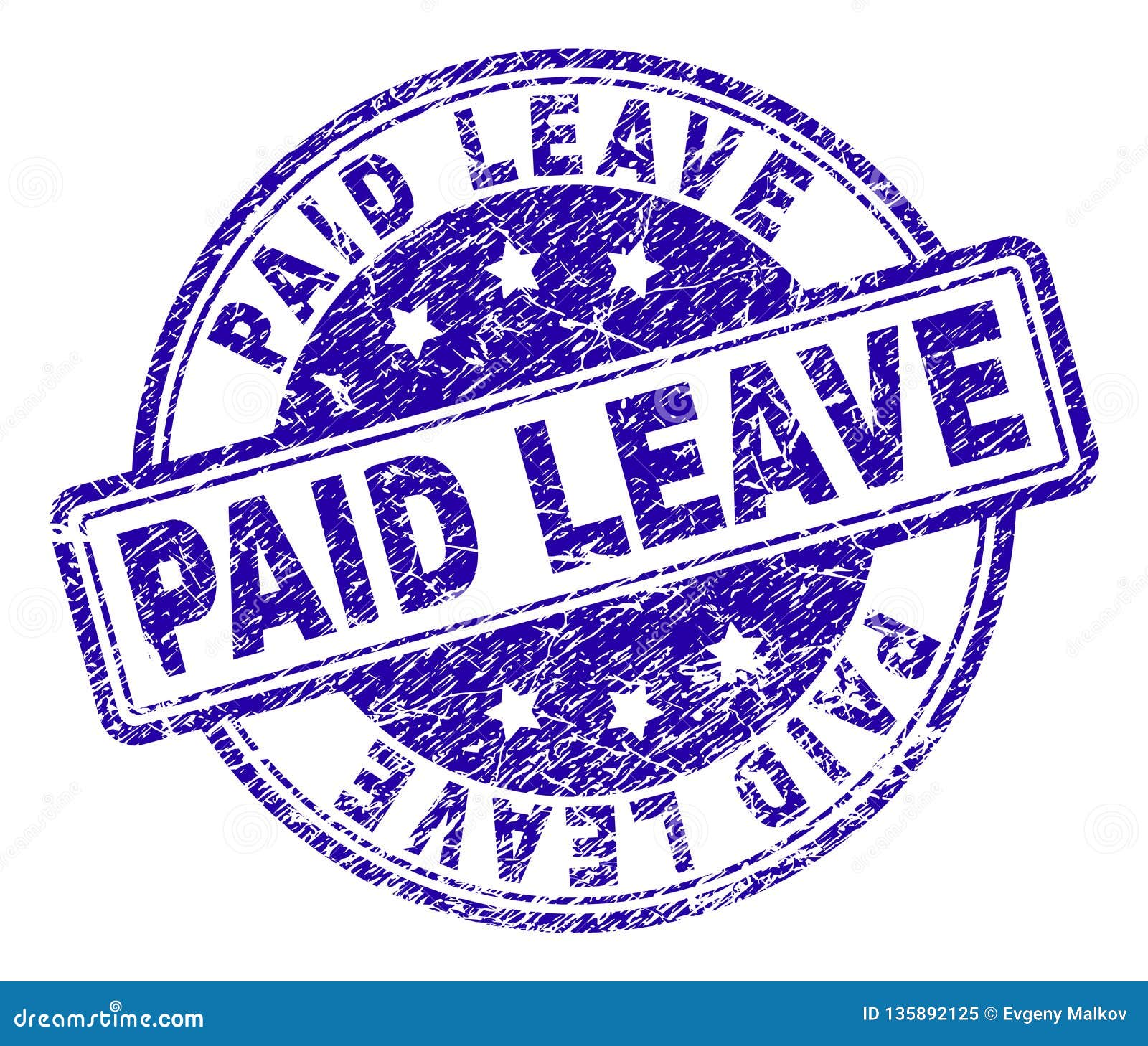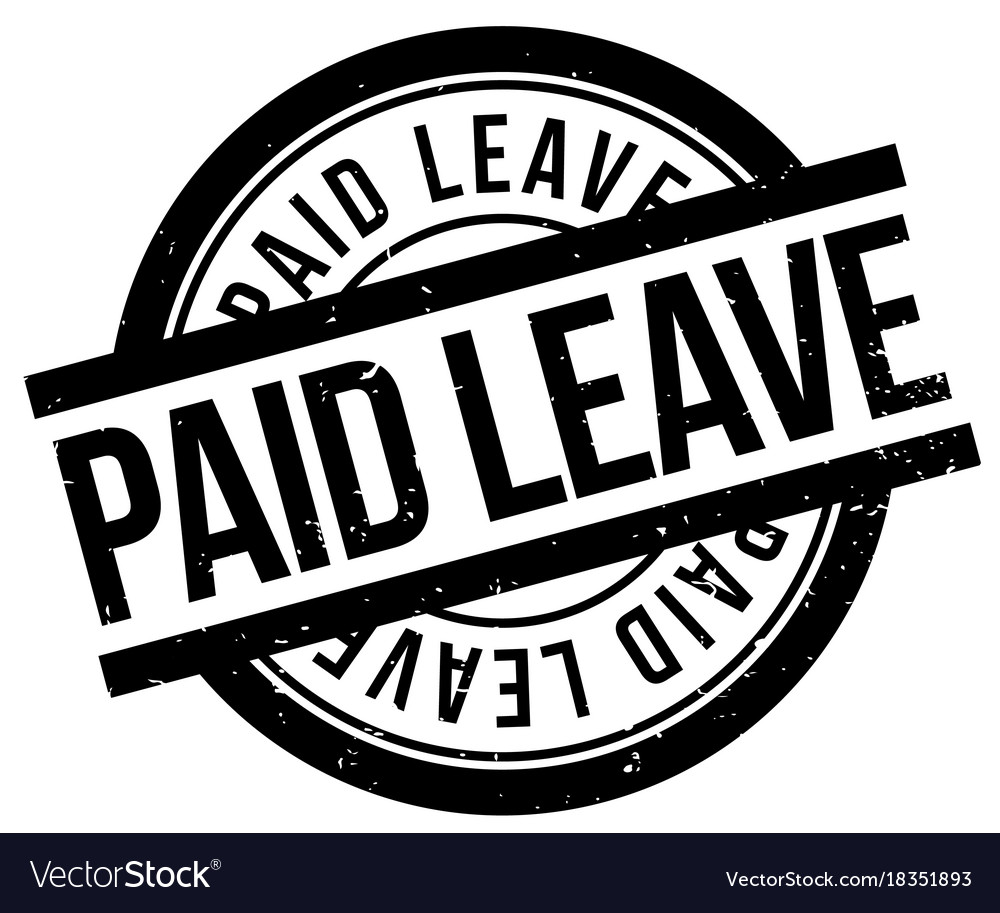

bad paid leave policy, educated reporters on the necessary components of inclusive paid leave, and created a drumbeat of wins that established a sense of momentum behind the push for a federal paid leave policy. Early on in its campaign, PL+US focused attention on bad corporate actors to help generate earned media coverage that helped define a good vs.In particular, lifting up real people with real stories about the value of paid leave was central to PL+US’ work and success.Īs an organization, PL+US was focused on doing the following to advance the fight for paid leave using advocacy and storytelling: PL+US used advocacy and storytelling to shift public understanding about paid leave. This also fostered a national narrative around the business and economic case for paid leave, which would be critical in the public policy debate to come. Through PL+US corporate engagement work and the change it prompted, more than 8 million people gained new or expanded access to paid leave. Companies with new or improved policies could potentially become advocates for a federal policy solution, helping to neutralize the power of business opposition.Corporate policy change fostered a critical narrative of equity that would be foundational in the public policy debate.Corporate policy change would translate to real-life impact for millions of people.
#PAID LEAVE SERIES#
A series of companies changing their paid leave policies could provide a drumbeat to build momentum. Read how PL+US approached its work with an early focus on the corporate sector for four key strategic reasons » PL+US saw an opportunity to push companies to respond to growing public demand for paid leave and provided an opportunity for companies to showcase their leadership in building equitable and supportive workplaces. With existing advocates focused largely on public sector transformation across the federal, state, and local level, the private sector was a largely untapped source of power for paid leave. PL+US worked from inside and outside to push large companies to introduce or expand paid leave policies. “We will have paid leave in this country at some point in the future,” he said.One path to winning paid leave for more working people in the U.S. Labor Secretary Marty Walsh said in an interview Monday that he “would love to see Congress take up paid leave bill.” The temporary program is “only a Band-Aid solution for the longer term needs that our country has around ensuring every person in the country has access to permanent, paid family and medical leave - both for future waves of Covid and the other pandemic that comes our way, but also for the ongoing needs that we all know people experience day in and day out,” another one of the people said. In the meantime, advocates aren’t giving up on enacting a longer-term paid leave program as part of the Build Back Better push. This time around, “the need is still there, and it’s worse than ever.” “There’s a long list of Republicans who touted that vote,” the person added. “It’s clear that we need an intervention now, with another surge providing the highest number of workers affected and not working because of Covid and caregiving,” one of the people said.Īdvocates are hopeful, particularly given that Congress passed the original emergency paid leave program on a bipartisan basis as part of the Families First bill. In the last month, nearly 9 million people reported they could not work because they either had Covid or were caring for someone who did, according to the Census Bureau - more than in any other wave of the virus. More than 2 in 10 do not have access to paid sick leave.Ĭovid - and, most recently, the surging Omicron variant - has thrust the issue into dramatic relief. An estimated 4 in 5 workers lack access to paid family leave, while 3 in 5 workers lack access to paid medical leave. is the only wealthy nation without a federal paid leave policy. While some Republicans and business groups have expressed support for paid leave in general, they have also raised concerns about the overall cost and its impact on employers. While it’s unclear how Congress would move the legislation, it’s possible lawmakers could do so as part of an upcoming omnibus spending bill or even as a subsequent standalone measure.Įither way, Democrats would have to earn the support of at least some Republicans. 
The White House did not respond to a request for comment. The White House is seriously considering getting on board with the effort, said the people, who wanted to remain anonymous to safeguard their participation in the talks. The program would be short-lived, with an expiration date likely later this year, rather than a yearslong effort like lawmakers proposed in Build Back Better.






 0 kommentar(er)
0 kommentar(er)
